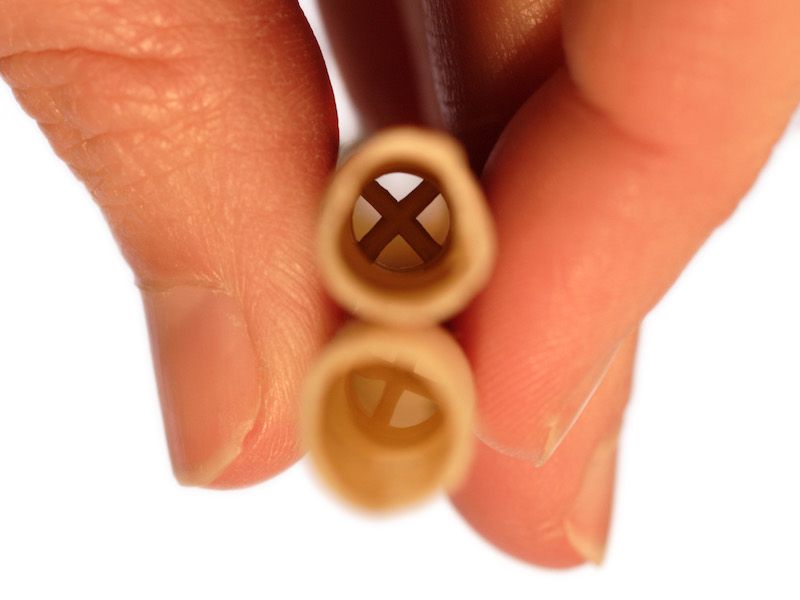
In some circles, the practice known as “ear candling” is routinely thought to be an effective way to reduce earwax. Is ear candling effective and what is it?
Earwax Candles, is it Effective?
Spoiler alert: No. They definitely don’t work.
Why then do otherwise logical people routinely believe in this pseudo-science. That’s a difficult question to answer. But although the rational choice is pretty clear, knowing more about the dangers of earwax candling will help us make an informed choice.
Earwax Candling, What is it?
So here’s the basic setup: Maybe you have an excessive amount of earwax and you aren’t quite sure how to get rid of it. You’ve read that it’s risky to use cotton swabs to clean your earwax out. So, after doing some study, you discover a technique called earwax candling.
Here’s how earwax candling purportedly works: By inserting a candle into your ear (wick side out), you cause a pressure differential. The wax in your ear, then, is pulled outward, towards the freedom of the open world. In theory, the pressure differential is enough to break up that may be log-jamming in your ear. But cleaning your ears this way can be dangerous.
Why Doesn’t Ear Candling Work?
This practice has a few problems, like the fact that the physics simply don’t work. You would need a considerable amount of pressure to move earwax around and a candle just isn’t capable of creating that amount of pressure. Second, creating that kind of pressure differential would require some sort of seal, which doesn’t happen during candling.
Now, the candles used in these “procedures” are supposedly special. All of the wax that was in your ear can be located within the hollow part of the candle which can be broken up when you’re done with your 15 minutes of ear candling. The only issue is that the same detritus shows up in both burned and unburned candles. So this “proof” is actually nonsense.
Scientific analysis has been unable to prove any benefit regarding earwax candling.
So Earwax Candling Doesn’t Work, But How Safe is it?
So, you may as well give it a shot, right? Well, you’re asking for trouble whenever you get a hot candle around your ears. Look, it’s quite possible that you could try ear candling and walk away completely unharmed. People do it all of the time. But that doesn’t mean there aren’t hazards involved, and it certainly doesn’t mean that ear candling is safe.
Here are a few negative impacts of ear candling:
- You might cause severe damage when you mess around with an open flame and potentially even put your life in danger. You wouldn’t want to burn down your house, would you? Clearing away a bit of earwax isn’t worth that kind of risk and danger.
- Your ear can be seriously burned. When melted candle wax goes into your ear, it can lead to extreme hearing issues and burns. This could permanently compromise your hearing in the most extreme cases.
- Candle wax can also clog up your ear canal once it cools. You could end up temporarily losing your hearing or even needing surgery in serious cases.
You Can Keep Your Ears Clean Without Needing a Candle
The majority of people will never truly have to be concerned about cleaning earwax from their ears. That’s because the human ear is essentially a self cleaning system. But you could be one of those people who have an abnormally heavy earwax production.
If it turns out that you have too much earwax there are practices that have been proven to work safely. You could use a fluid wash, for example. Another solution would be to see a hearing care specialist for an earwax cleaning.
You should continue to avoid cotton swabs. And you should also stay away from using an open flame to clean out earwax. Earwax candling doesn’t work, and it can create risks that will put your comfort and your hearing in considerable peril. So perhaps it’s time to put those special candles away.